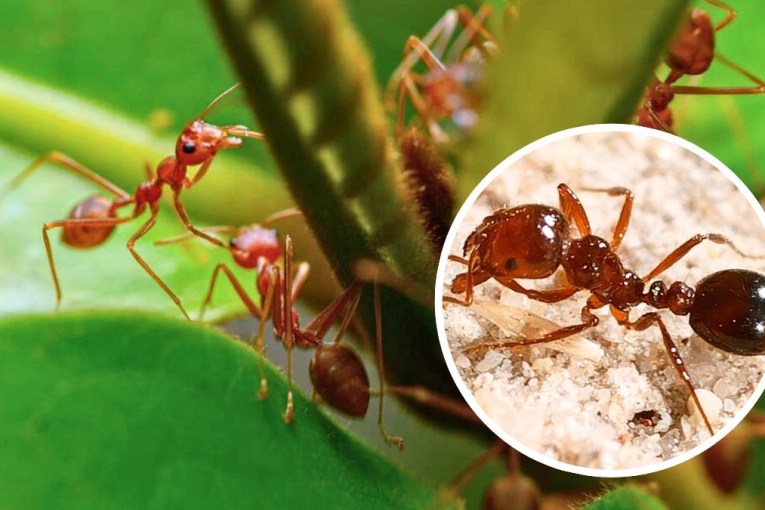Magpie swooping season is in full swing: Here’s how to avoid an attack


Many Australians fear a magpie’s swoop, but there are some measures you can take to avoid it. Photo: ABC
For many Australians, spring means warmer weather, a countdown to the AFL grand final, and always being prepared to run from a swooping magpie.
The dreaded swooping season coincides with the time magpies look after their nest of eggs or chicks, a period that can last up to eight weeks between July and November.
This means the country is smack-bang in the middle of swooping season, with Australians taking to social media to bemoan their close encounters.
Tweet from @emmahwlab
Karl Vernes, professor of wildlife ecology and conservation biology at University of New England, said while magpies have a dark side, it’s important to keep in mind that the swooping birds are just being good parents.
Almost all swoops are carried out by male magpies defending their nest of eggs and chicks from a perceived threat, and the swooping usually stops once the young have left the nest.
Dr Vernes said anything foreign will look like a threat to a magpie, which is why people living with magpies in their backyard year-round tend to be safe, but unfamiliar passing cyclists are often targeted.
“Almost every day on your way to work, you see someone getting swooped,” he said.
“They recognise what’s normal and regular in the ecosystem in the area around their nest.
“They also recognise foreign threats that they haven’t seen before, and that’s you riding your bike through the park or walking down the street on the way to school.”
Luckily, most swooping incidents end without injury.
Data from Magpie Alert, a website set up for the public to report magpie attacks, shows that of the 568 reported swoops so far this year, only 64 resulted in injuries.
How to avoid a magpie swoop
Monash University research shows eye injuries were the most common of the 155 magpie-related injuries reported by Victoria’s emergency departments between January 2006 and December 2012.
Although this data might prompt you to keep your eyes covered if you come across a magpie, Dr Vernes said this might actually make the bird feel free to attack.
Instead, unless a magpie is actively swooping, he recommends maintaining eye contact with the bird until you are a safe distance away from it and its nest, which should be about 150 metres.
“Just maintain eye contact with the bird, and if it does swoop you when you’re looking at it, which can happen but it’s much rarer, just throwing your arms up in the air as the bird’s in mid-flight is enough to disturb it and frighten it back to a tree,” he said.
Tweet from @robridemedia
Magpies seem to particularly dislike bike riders; Magpie Alert data shows more than 72 per cent of this year’s swooping victims were attacked while cycling.
Dr Vernes – who once suffered a magpie swoop on his ear that drew blood while bike riding – said while sticking eyes or spikes to your helmet may help ward off attacks, the best way to avoid getting swooped is to avoid any known magpie nesting spots until the nesting season is over.
“You can’t reason with these birds. They’ve got an in-built evolutionary response to drive you out of the territory around their nest,” he said.
Magpies natural part of local life
Dr Vernes condemned talks of removing swooping magpies from their territories, or having them culled.
In September 2021, a Sydney suburb council received approval for a cull on a nest of magpies and killed a male bird after reports the birds had caused injuries.
In 2018, police officers in Lismore, New South Wales, shot dead a swooping magpie at a shopping centre, spooking shoppers.
Tweet from @UrbanBirdsOz
“What I don’t like hearing every year, and we’re going to hear it again this year, is councils talking about removing magpies, destroying magpies in suburbs where they’re a threat to people,” he said.
“But most Australians respect the fact that magpies are doing this because they’re looking after their eggs – that’s something I think we relate to as humans, that this is a strong parental instinct that they’re protecting the young, just like we would do.
“It’s a short period of time … and then it’s done, and then we get to enjoy the beautiful sounds of magpies for the rest of the year and their lovely antics.”
In 2020, Griffith University behavioural ecologist Darryl Jones told The New Daily only about one in 10 males in breeding magpie pairs participate in swooping behaviour.








